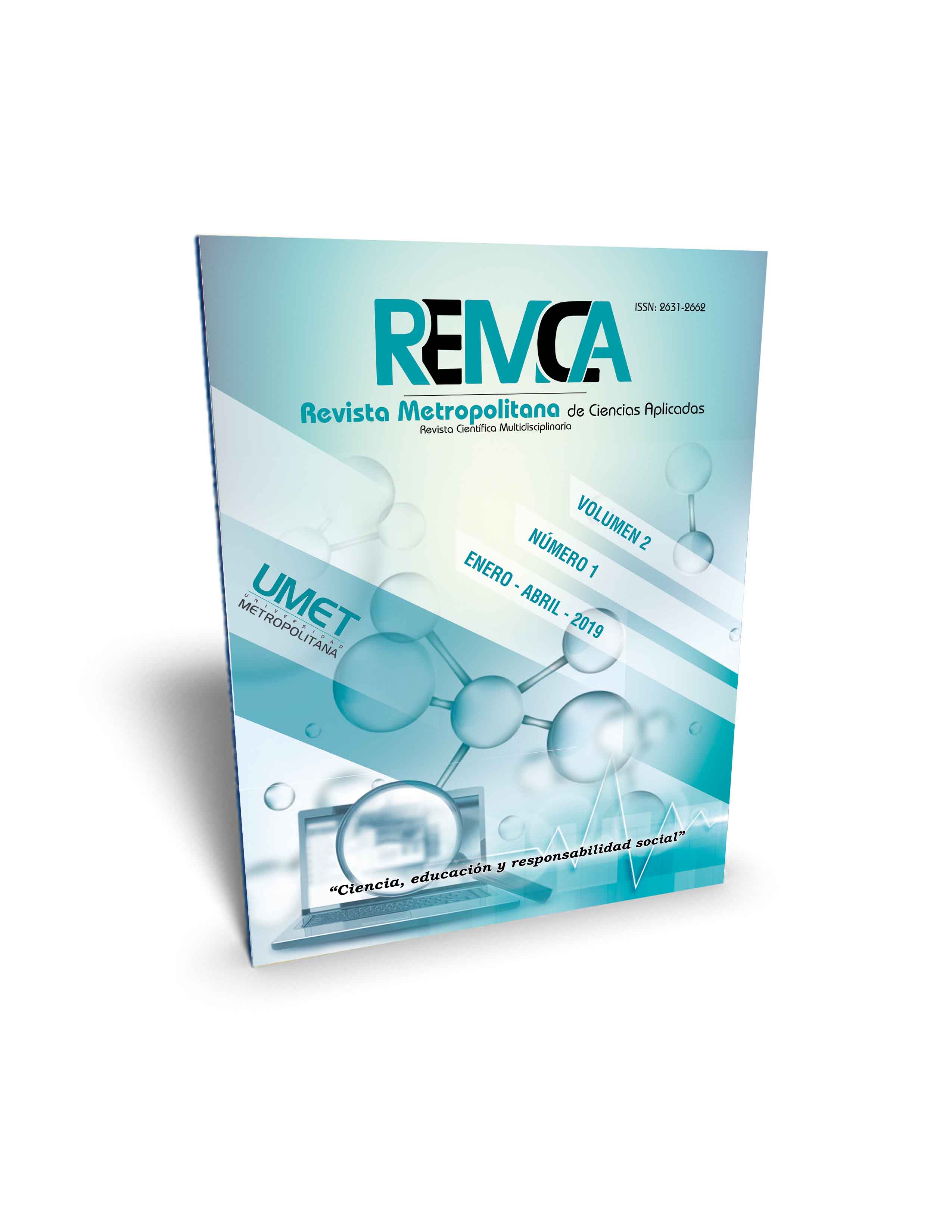Levels for the development of skills in information literacy from the Resource Center for Learning and Research
DOI:
https://doi.org/10.62452/g86tma32Keywords:
Information skills, information literacy, Resource Center for Learning and ResearchAbstract
In this paper theoretical-conceptual aspects related to Information Literacy are addressed from the Resource Center for Learning and Research, which has been of great importance and necessity with the advent of Information and Communication Technologies. Elements are required relative to its denomination and conceptualization in the Resource Center for Learning and Research; as well as information skills by levels to consider a user literate in information.
Downloads
References
Área Moreira, M. (2007) Adquisición de competencias en información. Una materia necesaria en la formación universitaria. Documento marco de Rebiun para la CRUE: REBIUN. Recuperado de http://www.rebiun.org/export/docReb/resumen_adquisicion_41FF98.doc
Azorín-Millaruelo, C., & Sánchez-Suárez, J. A. (2009). Alfabetización informacional en un entorno virtual. ¿Trabajamos juntos? IX Congreso Isko Capítulo Español. Valencia.
Badke, W. (2010). Foundations of Information Literacy: Learning From Paul Zurkowski. Online 34 (1), 48-50. Recuperado de http://www.academia.edu/32843686/_Foundations_of_Information_Literacy_Learning_from_Paul_Zurkowski._Online_34_no._1_January-February_2010_48-50
Cheuk, B. (2002) Information literacy in the workplace context: issues, best practices and challenges. Recuperado de http://www.nclis.gov/libinter/infolitconf&meet/papers/cheuk-fullpaper.pdf.
Domínguez Aroca, M. I. (2005). La biblioteca universitaria ante el nuevo modelo de aprendizaje: docentes y bibliotecarios juntos porque trabajamos juntos. RED. Revista de Educación a Distancia, 4(1). Recuperado de http://revistas.um.es/red/article/view/24481
Horton, F. (2008). Understanding Information Literacy: a Primer. Recuperado de http://unesdoc.unesco.org/images/0015/001570/157020E.pdf
Luo, L. (2010). Web 2.0 Integration in Information Literacy Instruction: An Overview. The Journal of Academic Librarianship. Journal of Academic Librarianship, 36(1), 32-40. Recuperado de https://www.learntechlib.org/p/108720/
Marzal, M. Á. (2008). La alfabetización en información como dimensión de un nuevo modelo educativo: la innovación docente desde la Documentación y los CRAI. Revista Iberoamericana de Educación a Distancia, 11(2), 41-66. Recuperado de http://revistas.uned.es/index.php/ried/article/view/930
Nijboer, J., & Hammelburg, E. (2010). Extending media literacy: a new direction for libraries. New Library World, 111(1-2), 36-45. Recuperado de https://www.emeraldinsight.com/doi/abs/10.1108/03074801011015676
Organización de Naciones Unidas para la Educación, la Ciencia y la Cultura. (1998). Declaración Mundial Sobre La Educación Superior en el Siglo XXI: Visión y Acción. París: UNESCO.
Ortoll, E. (2003). Competencia informacional en las ciencias de la salud. Propuesta de un modelo de formación. (Tesis Doctoral). Zaragoza: Universidad de Zaragoza
Pinto Molina, M., & Uribe, A. (2010). Formarnos y autoformarnos en Alfabetización informacional. Naciones Unidas Programa de mentorización en Bibliotecas universitarias, CRAI. Investigación Bibliotecológica, 24(52), 63-95. Recuperado de http://www.scielo.org.mx/scielo.php?script=sci_arttext&pid=S0187-358X2010000300004
Pinto Molina, M., Sales, D., & Osorio, P. (2008). Biblioteca Universitaria, CRAI y Alfabetización informacional. Gijón: TREA ed.
Sánchez Díaz, M. (2010). Competencias informacionales en la formación de las BioCiencias en Cuba. Tesis Doctoral. Granada: Universidad de Granada.
Soto Guzmán, R. (2010). Propuesta de transformación de Bibliotecas Universitarias en Centros de Recursos del Aprendizaje y de la Investigación (CRAI) según los nuevos modelos formativos. XV Conferencia Internacional de Bibliotecología. Santiago de Chile.
Downloads
Published
Issue
Section
License
Copyright (c) 2019 Jorge Luis León González, Raúl Rodríguez Muñoz, Raquel Zamora Fonseca, Carmen Priscila Guerra Maldonado (Autor/a)

This work is licensed under a Creative Commons Attribution-NonCommercial 4.0 International License.
The authors retain the copyright, granting the Journal the right to first publication of the work. The authors assign the Journal the rights to exploit the work, authorizing its distribution and public communication for non-commercial purposes. The authors retain the moral rights to the published work. The economic rights belong to the Journal.


